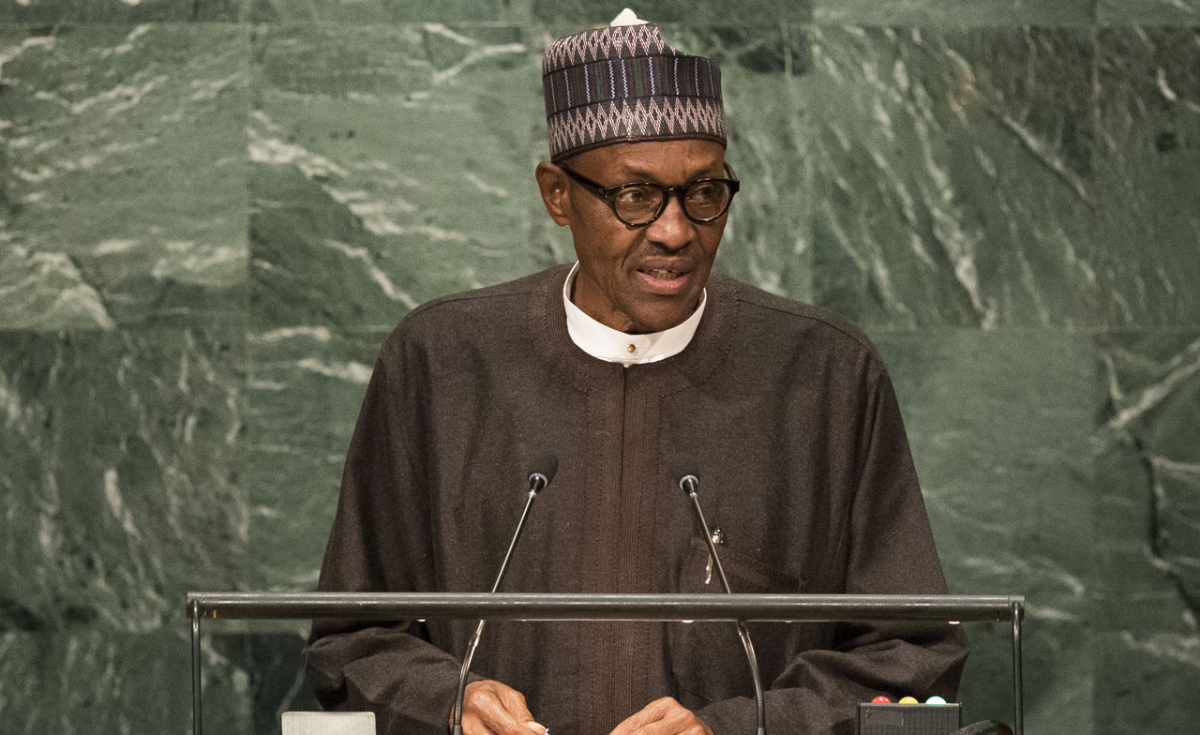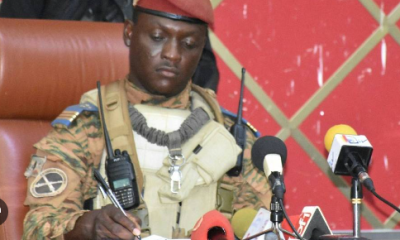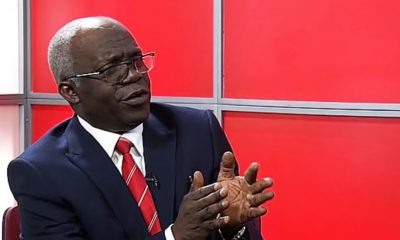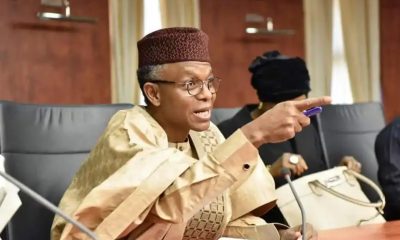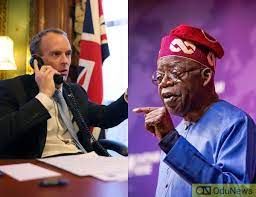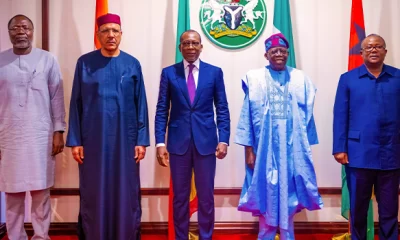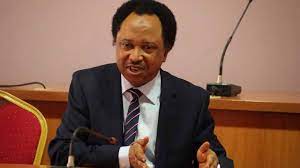President Muhamadu Buhari on Tuesday in Niamey, Republic of Niger, urged member countries of the Economic Community of West African States to tread carefully in pushing for a single currency in the sub-region by 2020.
He cited the challenges faced by the European Union in realising the same goal to buttress his position, adding that the conditions that pushed Nigeria into withdrawing from the process in the past had not changed.
According to a statement by his Special Adviser on Media and Publicity, Mr. Femi Adesina, the President made his position known in his speech at the fourth meeting of the Presidential Task Force on the ECOWAS Currency Programme.
Buhari said the necessary economic fundamentals among countries continue to differ over the years, making it more difficult to pull through with the project by 2020.
“Nigeria advises that we proceed cautiously with the integration agenda, taking into consideration the above concerns and the lessons currently unfolding in the European Union.
ALSO SEE: Maina also rewarded with N22M, says PDP
“To that end, Nigeria will caution against any position that pushes for a fast-track approach to monetary union, while neglecting fundamentals and other pertinent issues,” the President was quoted as saying.
Buhari noted that some of the obstacles to realizing the roadmap for the implementation of a single currency include diverse and uncertain macro-economic fundamentals of many countries, unrealistic inflation targeting based on flexible exchange rate regime and inconsistency with the African Monetary Co-operation Programme.
The President said domestic issues in ECOWAS member countries relating to their constitutions and dependence on aids continue to affect the framework for implementing the single currency in the sub-region
He said, “Although the ECOWAS Commission has anchored its pursuit of the new impetus to monetary integration on the information presented to the Heads of State which were the basis for their recommendations, we are concerned that we have not properly articulated and analysed a comprehensive picture of the state of preparedness of individual countries for monetary integration in ECOWAS by 2020.
“In previous meetings, we had specifically raised observations on the state of preparedness of the member states, the credibility of the union if anchored on watered down criteria, and the continuing disparities between macroeconomic conditions in ECOWAS countries, amongst others. And I would like to reiterate this concerns.”
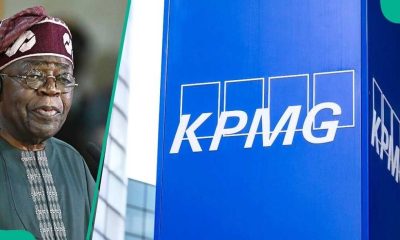
 Business1 week ago
Business1 week ago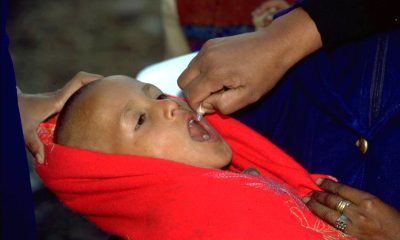
 Health6 days ago
Health6 days ago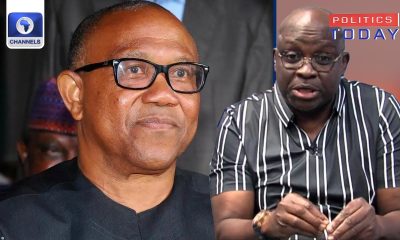
 Latest6 days ago
Latest6 days ago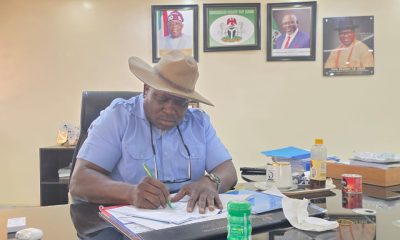
 Latest1 week ago
Latest1 week ago
 Football6 days ago
Football6 days ago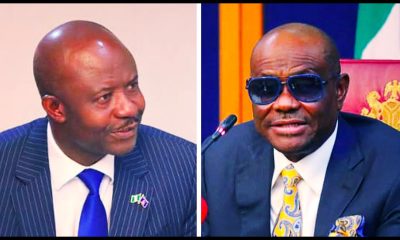
 Latest6 days ago
Latest6 days ago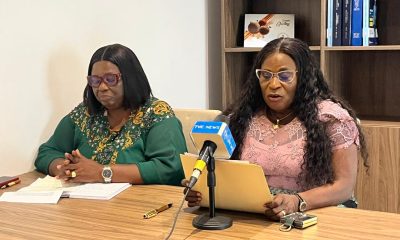
 Latest4 days ago
Latest4 days ago
 Health5 days ago
Health5 days ago
